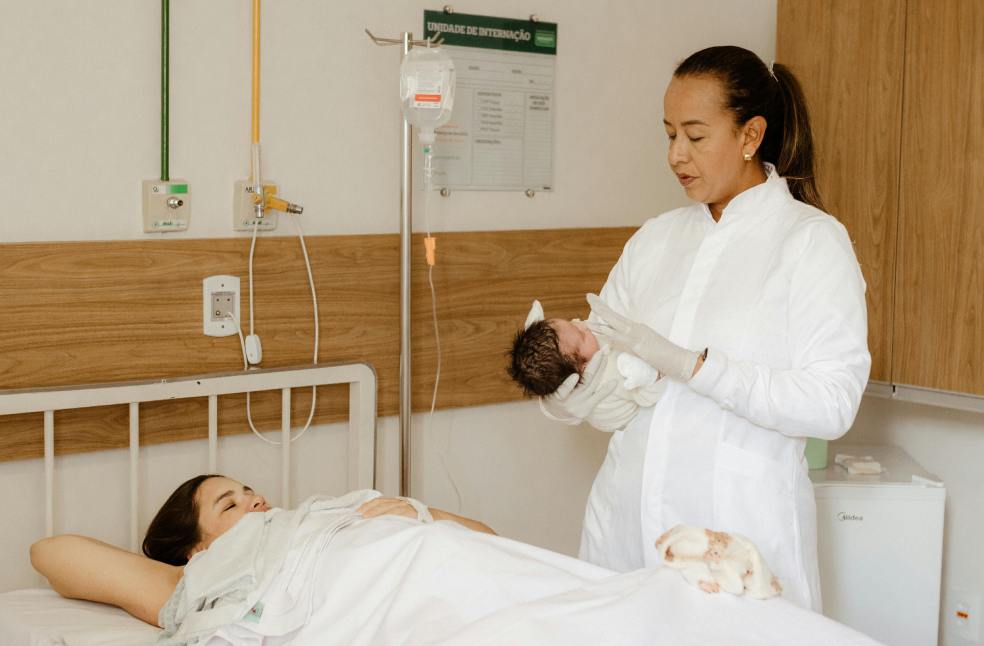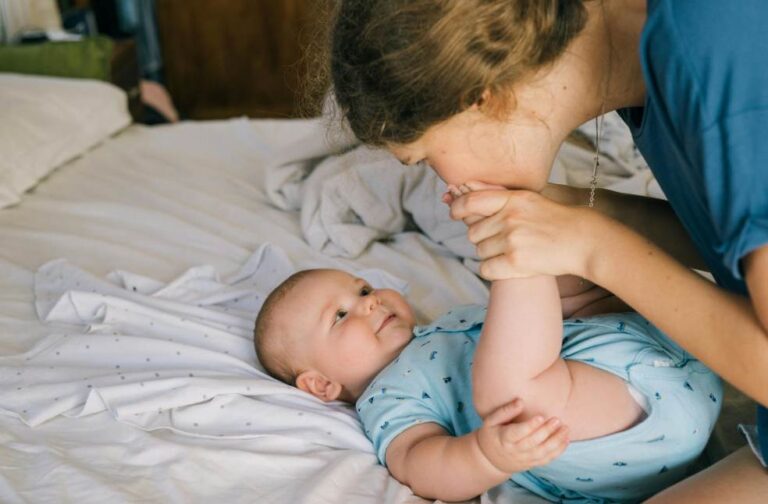Netherlands: A cornerstone of Dutch postnatal care, the kraamzorg system — which provides in-home support for new mothers and babies is facing a critical shortage, prompting healthcare unions to call for urgent government intervention.
Five major healthcare unions are set to present a joint manifesto and a petition of nearly 15,000 signatures to members of parliament in The Hague. The message is urgent: Kraamzorg is in crisis due to a growing shortage of care assistants, unsustainable workloads, and inadequate pay.
The Netherlands’ kraamzorg model has long been praised internationally. Unlike many countries where new mothers remain in hospital, Dutch families receive daily home visits from trained maternity care assistants for up to eight days after birth. These professionals monitor newborns’ health, assist mothers with recovery and breastfeeding, and support families in adjusting to life with a newborn. Services are typically funded through health insurance and provide between 24 and 80 hours of care.
However, labour market shifts and competition from other healthcare sectors have stretched the system thin. A typical maternity care contract includes extensive standby hours up to 265 hours a month, for which workers earn as little as $13.29 (€11.50) for an eight-hour waiting shift before tax, unions say.

Daniëlle Verveen, a kraamzorg worker from Krommenie stated that, “Last year there were 500 families without a maternity care assistant. By 2034, we expect that number to rise to 37,000 families.” Unions are reaching for a dedicated ministerial representative for kraamzorg, fairer wages including standby hours and greater job security to preserve what they describe as a one-of-a-kind system.
CNV union representative Marloes Kortland remarked that, “The Netherlands is the only country that offers this kind of care. Elsewhere, women stay longer in hospital. Here, the care continues immediately in the home — that’s unique, and it must be protected.”
The pressure on the system intensifies during peak birth seasons, such as summer holidays. GreenLeft MP and former midwife Elke Slagt-Tichelman said this often leads to reduced support for families and exhaustion among overstretched staff.
Despite the challenges, workers remain deeply committed to the profession. Verveen stated that, “In just three years, I’ve helped 200 families and even saved a newborn from choking. There is something magical about this job — you help a family start a new life.”
The petition aims to secure the future of kraamzorg for all Dutch mothers and babies, a tradition many see not only as essential but as a symbol of national pride.



